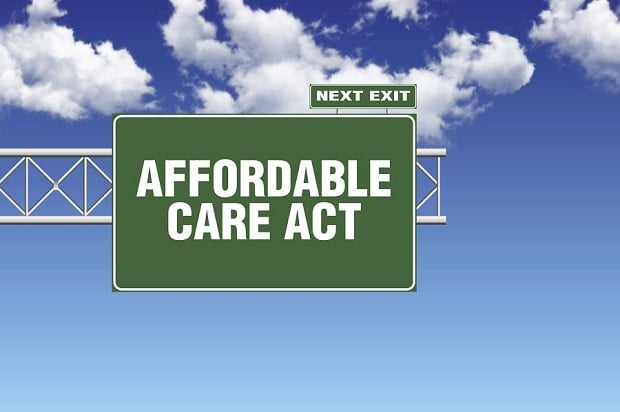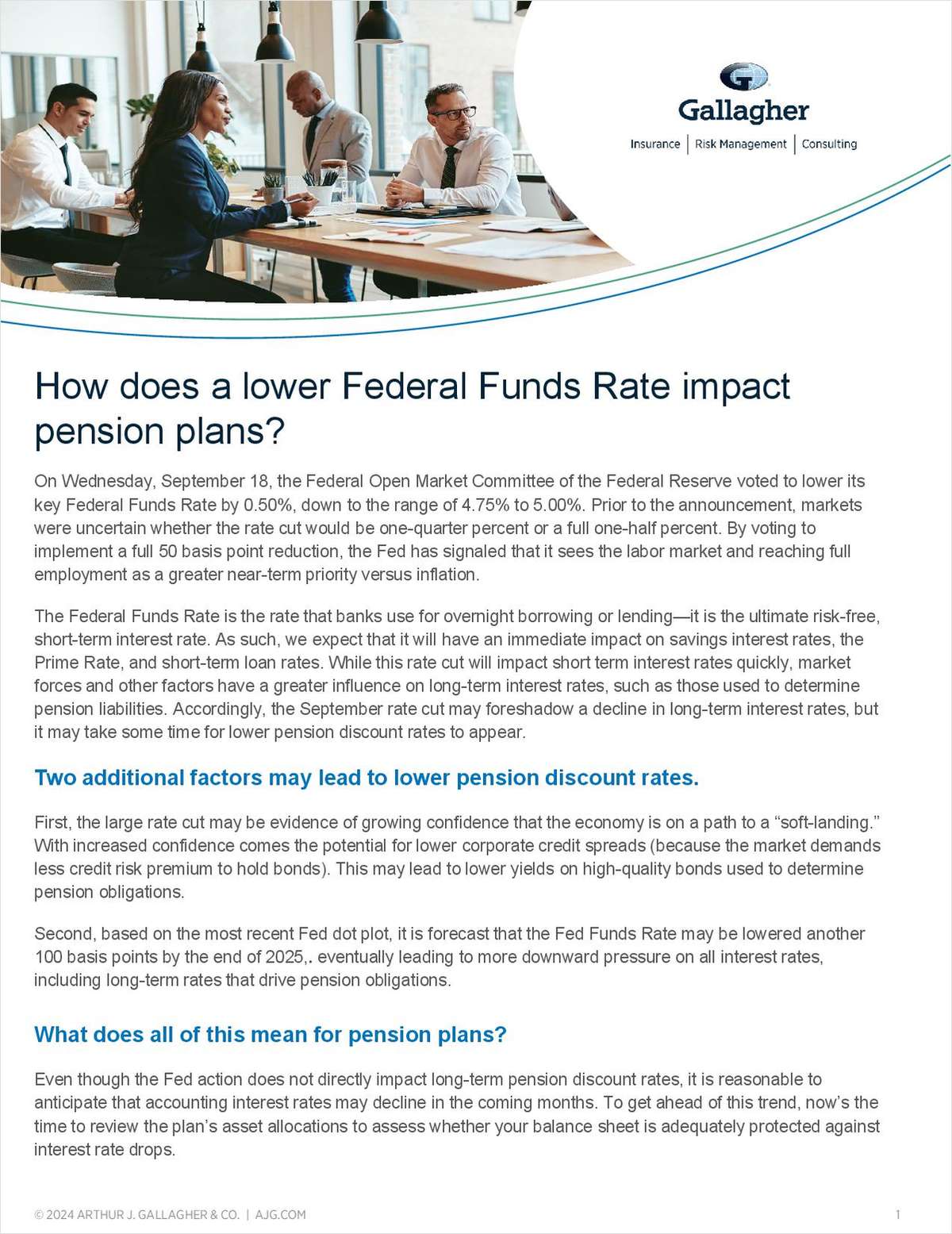Congress is trying to ram through a bill that would reshape the U.S. economy in just a few short weeks, but its leaders have kept the plan shrouded in secrecy and released not a word of legislative text.
Sound familiar? The GOP is handling its tax-overhaul rollout in almost the exact way it did Obamacare and hoping for a different result. The Republicans’ seven-year quest to repeal and replace the Affordable Care Act imploded as they tried to bypass Democrats but failed to rally their own forces amid unresolved policy disputes.
Already, many lawmakers are making similar complaints about the tax effort -- saying they need more details before they can commit to the audacious timeline House Speaker Paul Ryan has vowed to meet: He wants a bill through the House by Thanksgiving. Rank-and-file members fear they’ll have two choices: Swallow whatever bill their leaders devise or blow their self-imposed deadline of sending a bill to President Donald Trump before year’s end.
“We don’t know the brackets,” Representative Chris Collins of New York, a Trump ally, told reporters after a Republican conference meeting Tuesday. “We don’t know where we are on estate taxes. We don’t know where we are on” the state and local tax deduction -- a contentious issue for members like Collins from high-tax states.
“We don’t know where we are on the size of the child tax credit,” he continued. “We don’t know, we don’t know, we don’t know, we don’t know, we don’t know.”
In the Senate, meanwhile, bad blood between a pair of Republicans and Trump escalated on Tuesday -- bringing tumult as the president sought to reach out to senators during a Capitol Hill visit. Trump and Senator Bob Corker of Tennessee reignited their feud, hurling insults over Twitter. Later, Senator Jeff Flake of Arizona, who has also sparred with Trump, shocked the political world by announcing he won’t seek reelection in 2018 -- and then slammed his party for accommodating the president.
“I must say that we have fooled ourselves for long enough that a pivot to governing is right around the corner, a return to civility and stability right behind it,” Flake said on the Senate floor. “By now, we all know better than that.”
If the similarities to the Obamacare debacle seem haunting, GOP leaders are betting they won’t be stymied this time -- if only because of the party’s sheer need for a legislative victory. There’s another key difference: Republicans say they learned from the health-care fight that they had to come up with a unified tax plan, along with the White House, before either chamber began drafting legislation.
The Sept. 27 tax framework released by the White House and GOP leaders sought to lay out some clear goals -- including setting a corporate tax rate of 20 percent and cutting tax rates on businesses and individuals -- but it doesn’t offer answers to some of the toughest questions, such as where to set income brackets or which corporate tax breaks to end.
The House and Senate may go their separate ways in filling in the blanks -- and possibly changing key provisions included in the framework. For his part, Trump has already ruled out certain measures, such as changes to retirement savings vehicles, but the tax-writing committee heads have signaled that retirement changes could still be on the table.
‘Amateur view’
House Ways and Means Chairman Kevin Brady said Tuesday his goal is to release tax legislation on Nov. 1 if Congress votes this week to adopt the budget vehicle, a critical step to passing tax changes without Democratic support.
One member of his committee, Representative Dave Schweikert of Arizona, responded succinctly when asked what issues are still outstanding: “All of them.”
David Stockman, a former budget director for President Ronald Reagan, said the Trump plan “can’t possibly get done by year-end,” describing that as an unrealistic and “amateur” view. He said Reagan’s 1986 tax overhaul, which Republicans cite as a guiding light for their current efforts, took two years because cobbling together the support for raising revenue to pay for tax cuts is “very hard politically.”
The president’s feuds with Corker and Flake won’t make it any easier. Because neither senator is seeking re-election, they can vote on tax legislation free of the political pressure many Republican incumbents feel to show voters an achievement before primaries begin next spring. After failing to repeal the 2010 Affordable Care Act, build a wall, or pass an infrastructure bill, party leaders see a tax overhaul as their last chance for a legislative win in Trump’s first year.
|‘Lot of noise’
Senate Majority Leader Mitch McConnell deflected repeated questions Tuesday about Trump and his GOP members, insisting the disputes won’t affect tax-overhaul efforts.
“If there’s anything that unifies Republicans it’s tax reform,” McConnell said, dismissing the spats as “a lot of noise out there.” He faces the same narrow margin that scuttled an Obamacare repeal in the Senate -- any more than two defections would block a tax bill unless he can find Democratic support, which isn’t likely.
The road ahead contains landmines -- including must-pass bills such as averting a government shutdown on Dec. 8 and renewing the expired Children’s Health Insurance Program. Another problem is how to get the GOP framework’s $2.4 trillion in estimated red ink down to $1.5 trillion specified by the budget, especially if pay-fors like the proposed repeal of the state and local tax break are softened and the Child Tax Credit is raised.
Representative Dave Brat of Virginia said he’s hearing “scary background noise” that the revenue offsets may go away and, as a result, the bill’s tax rates could be higher than expected. The framework proposes slashing the corporate rate to 20 percent from 35 percent and condensing the individual income rates from seven to three, with a top rate of 35 percent, unless the tax committees decide to add a fourth rate above that.
“We can do this. There is a lot that needs to get done,” said Representative Lee Zeldin, a New York Republican.
But the lack of details have some GOP members on edge.
Representative Matt Gaetz of Florida, a freshman Republican, said he’s not ready to “vote for a budget that nobody believes in for a tax bill that no one has read.”
Copyright 2018 Bloomberg. All rights reserved. This material may not be published, broadcast, rewritten, or redistributed.
Complete your profile to continue reading and get FREE access to BenefitsPRO, part of your ALM digital membership.
Your access to unlimited BenefitsPRO content isn’t changing.
Once you are an ALM digital member, you’ll receive:
- Breaking benefits news and analysis, on-site and via our newsletters and custom alerts
- Educational webcasts, white papers, and ebooks from industry thought leaders
- Critical converage of the property casualty insurance and financial advisory markets on our other ALM sites, PropertyCasualty360 and ThinkAdvisor
Already have an account? Sign In Now
© 2024 ALM Global, LLC, All Rights Reserved. Request academic re-use from www.copyright.com. All other uses, submit a request to [email protected]. For more information visit Asset & Logo Licensing.








